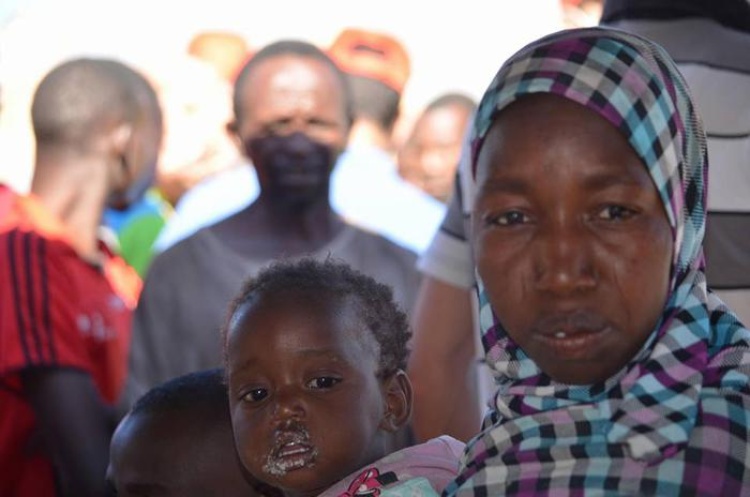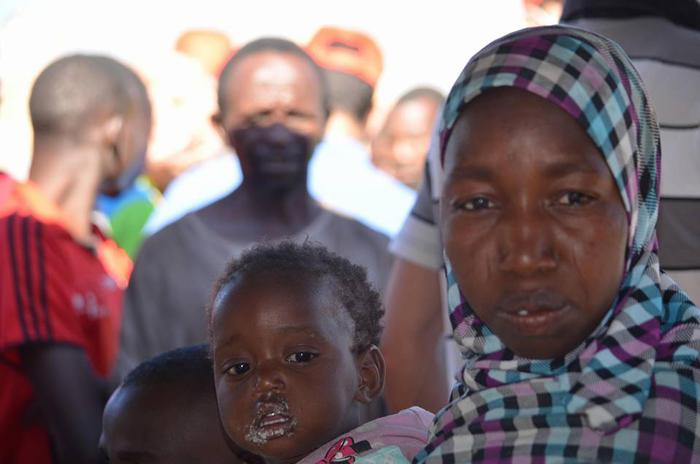The 11-point code is intended to help stem a ceaseless wave of arrivals that has strained Italy’s reception capacity to the limit, and includes the obligation to allow police aboard rescue ships and the requirement of a certification to carry out rescues.
Those who refuse to sign the code may not receive authorisation to access Italian ports, and may have to seek alternative routes to dock in Europe.
The first rule is the "absolute prohibition" for humanitarian ships to enter Libyan waters, which must only be reached if there is a clear danger for human life at sea.
The NGOs are also requested not to make phone calls or send flare signals to facilitate the departure and the embarkation of boats carrying migrants, with the obvious intention of not facilitating contacts with traffickers.
They are also ordered not to hinder search and rescue operations conducted by the Libyan Coast Guard and to make known the funding sources for their rescue activities.
Other obligations inclucde not transporting migrants on other ships, be they Italian or belonging to international organisations, except in the case of an emergency, and completeing rescue operations by taking the migrants to a safe port.
Italy's partners provisionally agreed to the code as a measure to share the burden of the central Mediterranean migrant emergency.
UNICEF on Monday stated that this new code of conduct puts many lives at risks, especially children’s lives.
While the humanitarian organisation recognised Italy’s “incredible” effort in the face of the migrant crisis, it added that Italy’s security priorities risk hindering rescues and saving lives.
With ANSA












